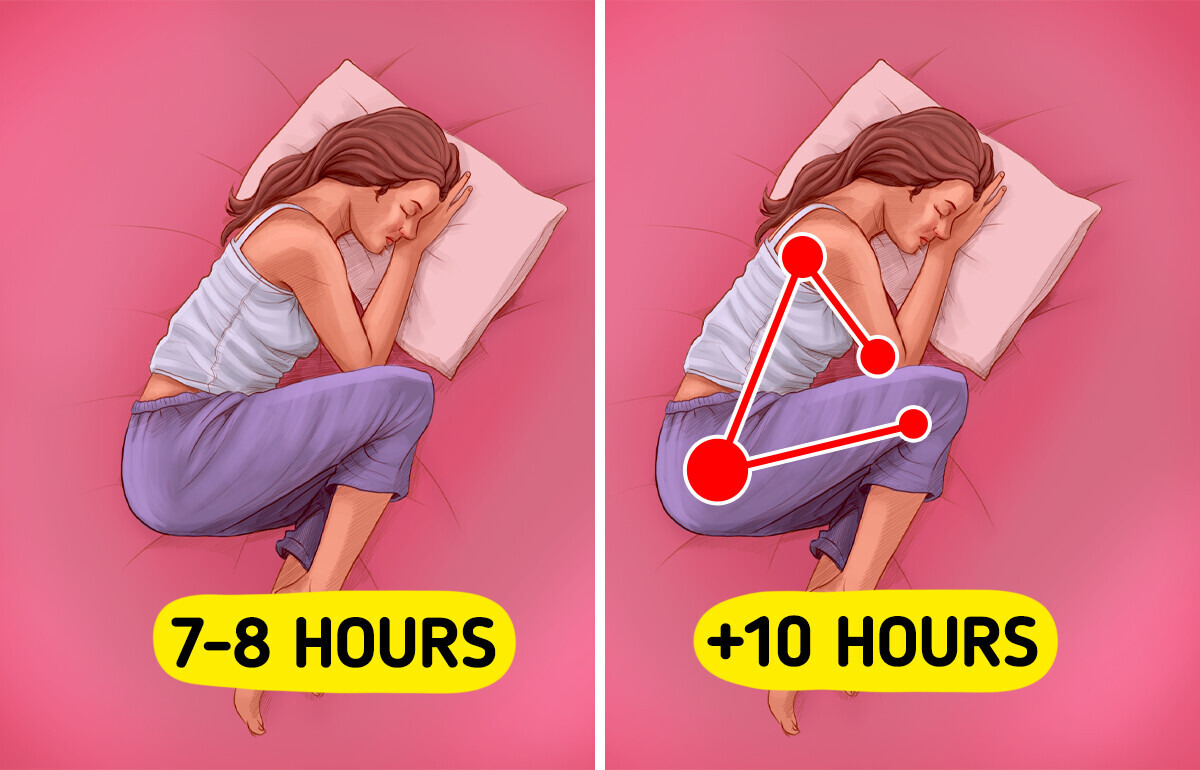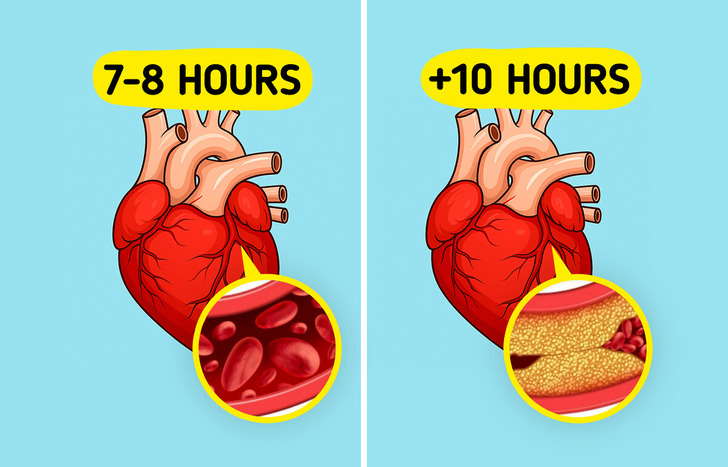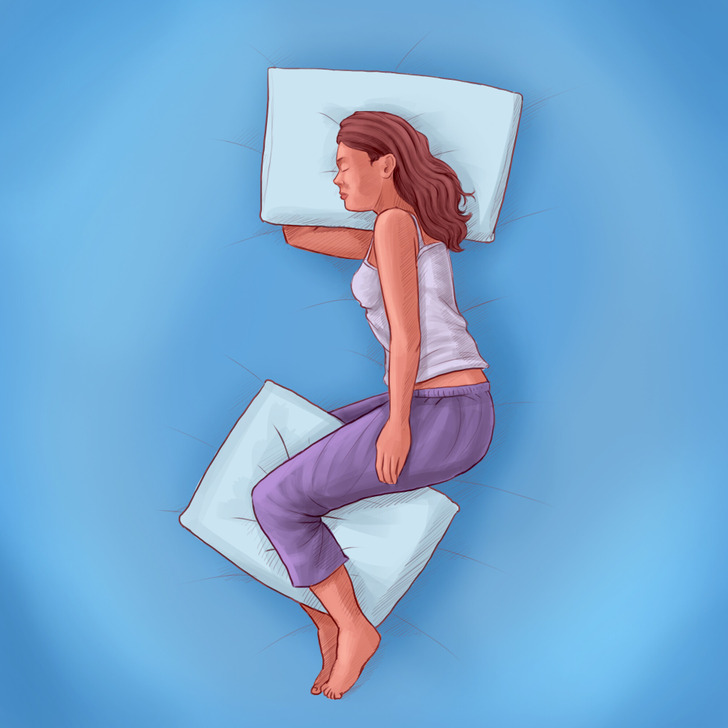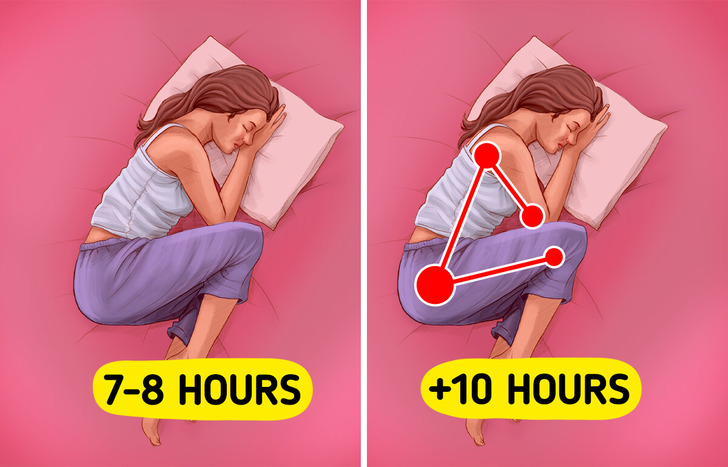15+ Stories That Prove Moms’ Love Tank Never Runs Empty


Sleep is essential for overall well-being, playing a crucial role in mental and emotional health. While getting enough rest is vital, oversleeping can have surprising and even harmful effects on your body, mind or mental health. In this article, we explore the unexpected effects of sleeping too much and why balance is key to a healthy lifestyle.
Disclaimer: Content is provided for informational purposes only and is not intended as a substitute of medical advice. Seek guidance of your doctor regarding your health and medical conditions.

Research on the relationship between sleep duration and cardiovascular conditions has shown mixed results. This study aimed to explore whether sleeping too little or too much is associated with an increased likelihood of developing heart-related conditions. Sleeping for over nine hours each night may be a sign of a sleep disorder, mental health disorder, or other health issue.

While sleeping in may seem like a luxury, consistently oversleeping can lead to serious health concerns. Whether it’s an occasional habit or a chronic pattern, excessive sleep can negatively impact mood, causing anxiety, fatigue, irritability, agitation, memory issues, and brain fog. Additionally, since circadian rhythms regulate hunger cues, oversleeping may disrupt appetite, leading to either increased or decreased food intake, which could affect body weight.

Sleeping too much could lead you to back pain. There was a time when doctors advised bed rest for back pain, but that approach is now outdated. While rest is important, excessive sleep can actually worsen back pain by reducing mobility and weakening muscles. If you’re experiencing back pain, consult your doctor before making changes to your exercise routine, but avoiding prolonged bed rest may be beneficial.
Sleeping too much can contribute to weight gain. A recent study revealed that individuals who averaged nine or 10 hours of sleep each night were 21% more likely to become obese over six years compared to those who slept between seven and eight hours. This relationship between sleep duration and obesity held true even after accounting for diet and exercise.
For some individuals prone to headaches, getting extra sleep on weekends or during vacations can trigger head pain. Researchers suggest that this is linked to how oversleeping affects neurotransmitters in the brain, such as serotonin. Additionally, those who nap excessively during the day and disturb their nighttime sleep may experience headaches in the morning.
So, before you hit that snooze button for the fifth time, remember: too much sleep is not the cure-all for your problems. In fact, it might be making them worse!











